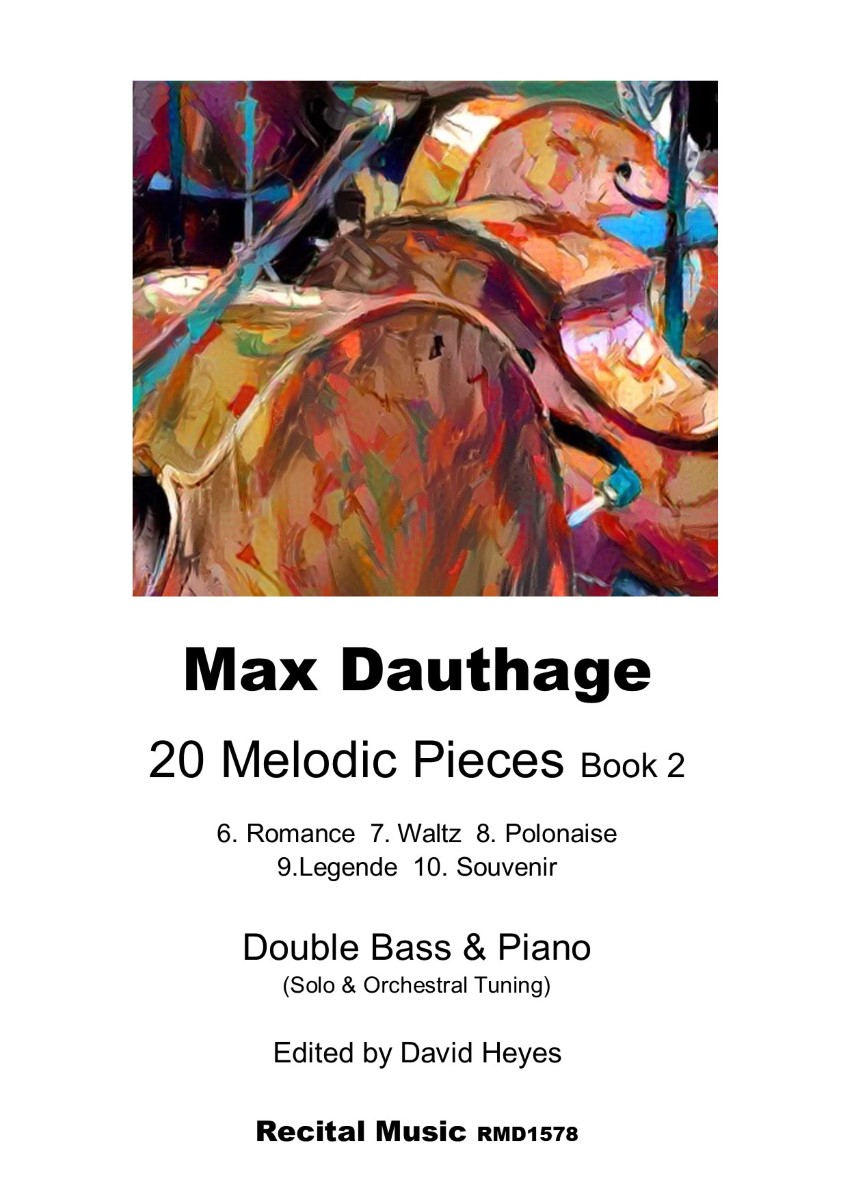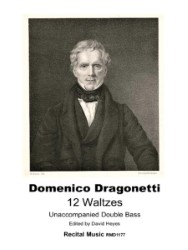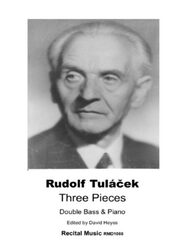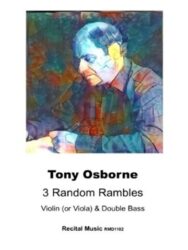20 Melodic Pieces Book 2
Five Pieces (Solo & Orchestral Tuning)

Composer: Dauthage, Max
Instrumentation: Double Bass & Piano
Editor: Heyes, David
Brand Recital Music
20 Melodic Pieces was first published in Vienna and Leipzig in 1911 and offer excellent teaching and recital repertoire for the good intermediate bassist, combining…
Page ? of ?
Digital Download – PDF
Shipping costs: No shipping
R.R.P £7.50
Our Price: £6.38




